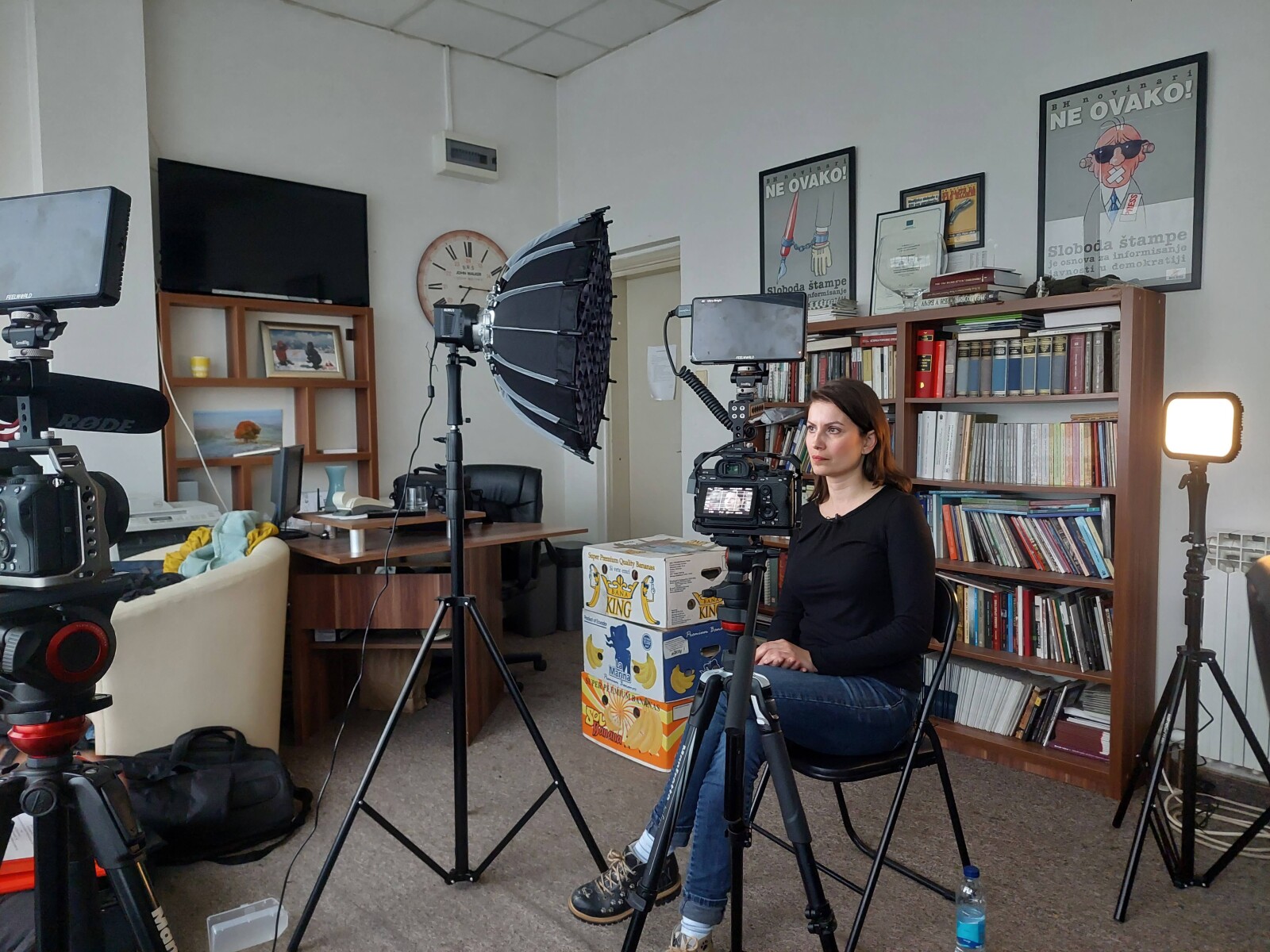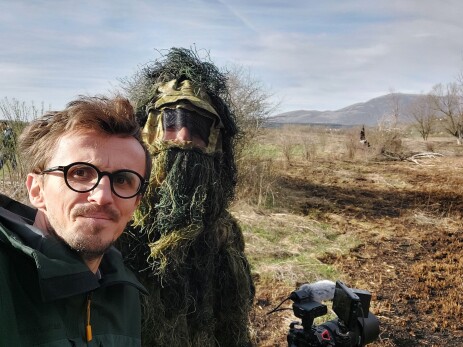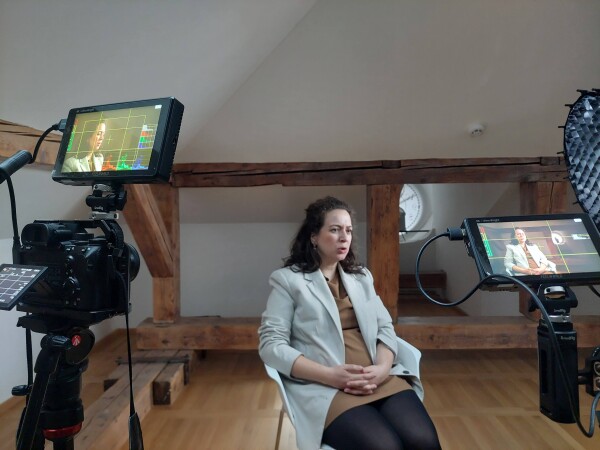
“We believe that it is only by telling stories about ourselves and others that we can understand society and change it for the better,” says Osman Zukić, co-founder of Fokus.ba.
In 2020, journalist and producer Osman Zukić and his colleague, the videographer and photographer Almir Kljuno, wanted to create a new media project that would focus on storytelling and the human dimension in a world where mainstream media prioritise clickbait. Both men had extensive experience reporting for various media outlets in Bosnia and Herzegovina.
They decided to launch Fokus.ba as a platform for unique long-form photo essays about people and places where traditional newsrooms are unable to send journalists due to financial constraints.
Through their stories, they focus on key issues for the country, such as the education system - which Osman believes is the origin of many social problems, ethnic divisions, and nationalism. Another core topic for Doku.ba is the environment and the excessive exploitation of natural resources at the hands of a few investors who often obtain permits through corruption.
Many stories focus on local activists and their work. One of their most popular articles so far is about two peace activists from the town of Prijedor who are committed to commemorating children killed there during the 1992-95 war while fostering communication and understanding across ethnic lines. Another story features the founder of the first safe house for women victims of violence in Republika Srpska. Another relates how despite lacking funding, the historian and Museum director Elma Hasimbegovic, has transformed the Historical Museum of Bosnia and Herzogovina into an important cultural institution.

According to Osman, this focus on activists allows them to challenge the negative perception of civil society and activism among the general public. “Many here in Bosnia and Herzegovina think that activism is just something you do to get a cheque from abroad,” he explains. “Politicians want to silence any critical perspective; they want activists to stop speaking up about pressing issues. So, they discredit them, creating a negative picture about activism through the media.”
Supported by an EED grant, Osman and Almir have travelled thousands of kilometres around the country to meet activists, including more marginalised voices, and to witness how they work and interact with their communities.
“We wanted to focus on peace activism, human rights, and environmental actions, and tell the stories of people doing something special in those fields, who are pushing boundaries and are willing to share their experience with others to motivate them,” says Osman.
One of the organisations featured is former EED partner Pusti me da tečem, an activist group from the Neretvica valley whose advocacy work led to the approval, in 2022, of a law banning the new construction of small hydro-power plants in the Federation of Bosnia and Herzegovina. “This was one of the biggest environmental successes in the country; we knew people who had worked for it. We knew how hard their fight had been, and we wanted to share the incredible things they did,” says Osman.
Osman explains that EED's support was important not just from a financial point of view. It also gave them more confidence in their work. “It meant we were able to further develop our project management and financial management skills. EED also helped us raise the quality of our content, and to understand that technical aspects of our stories are as important as their content and message.”

Funding constraints have meant that the team has stayed small, with Osman and Almir managing all phases of content production. Osman acknowledges that the very nature of their work makes it hard to secure stable funding. “It can be hard for outsiders to understand our approach, how long it can take to investigate a single topic and produce one story, how hard we try to focus on details and high quality,”
“We didn’t have a studio three years ago, and now we’re filming documentaries, and we want to create content for television and festivals. It’s a lot of progress in a short time,” says Osman.
The public has been very supportive of Doka.ba's work and this is also a strong source of motivation. “Our stories may not earn tens of thousands of likes, but those who watch them appreciate their authenticity in a world where AI is increasingly being used in content production. They want content with a human touch,” he says.
This article reflects the views of the grantees featured and does not necessarily represent the official opinion of the EED.